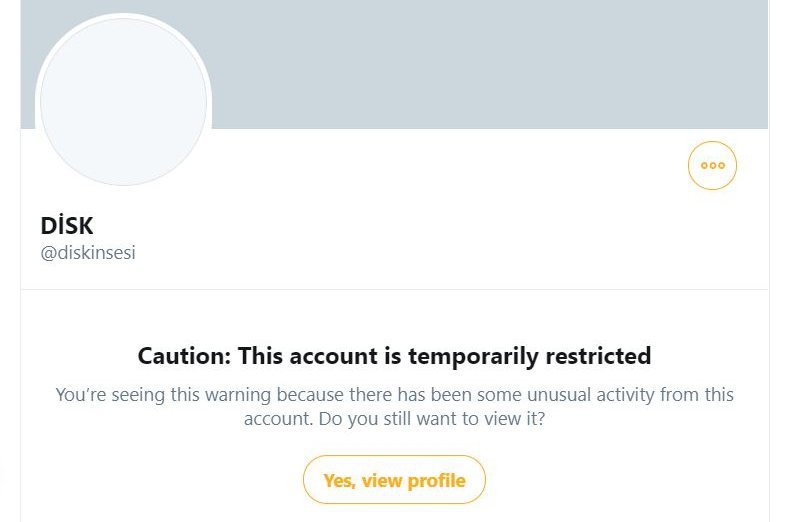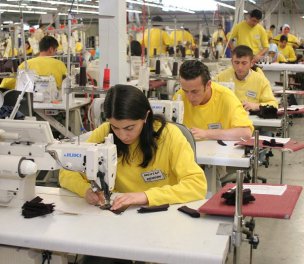Click to read the article in Turkish
Twitter has restricted the account of the Confederation of Progressive Trade Unions of Turkey (DİSK) because of "unusual activity."
"As Twitter restricted DİSK's account, it's time to grow the solidarity even more," DİSK Co-Chair Arzu Çerkezoğlu said on her Twitter account.
Since the start of the month, the DİSK has been protesting an omnibus bill that allows fixed-term contracts for employees younger than 25 and older than 50 years old, which workers' organizations say will lead to losses of rights, including job security, severance and notice pays and social protection.
"The omnibus law is being discussed at the parliament, the Twitter account of DİSK, which protests the law, is restricted," the Health and Labor Safety Watch said in a tweet.
Bulunduğumuz her yer bizim için mücadele alanıdır!#DokunmaKıdemTazminatıma https://t.co/QgMZNrUoZX
— Arzu A. Çerkezoğlu (@ArzuCerkezoglu) November 10, 2020
(HA/VK)






